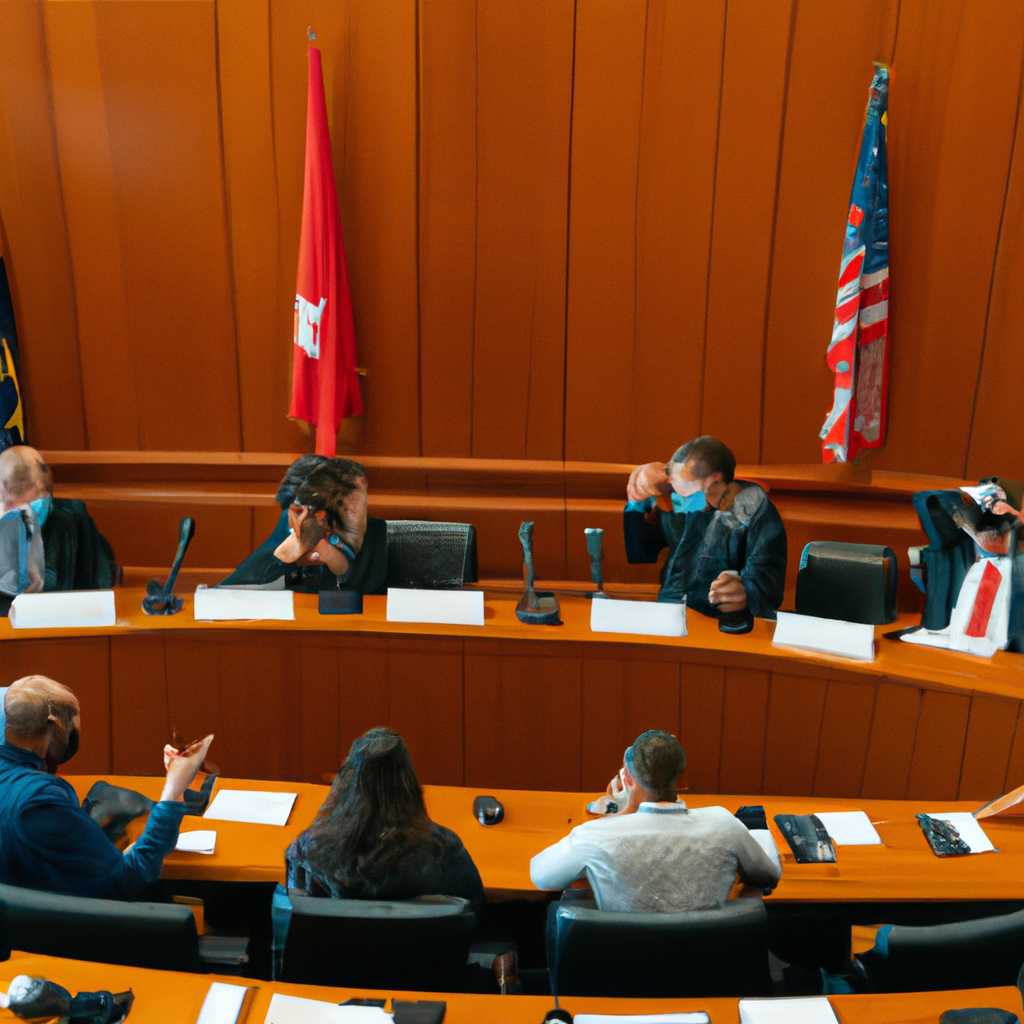At a house committee hearing on Thursday, lawmakers and representatives questioned TikTok CEO, Shou Zi Chew, over the platform's ability to protect user data security, with particular concern for the potential for data collected from the 150 million TikTok users in the U.S. To be obtained by the Chinese government. Rep. Kat Cammack (R-Fla.) highlighted an instance where a video of a gun firing with a caption saying "Me asf at the Energy and Commerce Committee of the House on 03/23/2023" was posted 41 days prior to the hearing yet remained on the platform in violation of TikTok's community guidelines. Chew later said that the platform had taken the post down after Cammack highlighted it and insisted that the platform is independent from the Chinese government and user data is not at risk.
Meanwhile, at the same hearing, Democrats and Republicans expressed concern over the company's ties to the Chinese government and the potential for a ban of the video sharing platform over concerns over parent company ByteDance's connections to the Chinese Communist Party. Manhattan District Attorney Alvin Bragg (D) has objected to House GOP leaders' demands that he testify about the ongoing investigation into former president Trump, calling it an "unlawful incursion."
In response to the hearing, three Democratic Representatives, Jamaal Bowman (D-NY), Mark Pocan (D-WI) and Robert Garcia (D-CA) rallied against a potential ban of the video-sharing platform and called for Congress to focus on passing the guardrails to rein in all tech giants, not just TikTok. Meanwhile, a Washington Post poll found that 41 percent of Americans support a federal ban on the app, while 25 percent say they oppose it.
To further complicate the issue, a Mandarin-speaking dissident, Kim Wong, has amassed a large following on TikTok by making videos that criticize the actions of the Chinese government, highlighting the potential complications of a TikTok ban and its effects on free speech. Content creators, political commentators, digital rights groups and free-speech advocates have been sounding the alarm that a TikTok ban would violate users’ First Amendment rights and shift the focus away from broader debates.
As a response, the U.S. responded Committee for Foreign Investment in the U.S. CFIUS) issued a statement warning that it will not approve any transactions that have "unresolved" national security concerns and that it will take all necessary actions within its authority to safeguard national security and will not clear any transaction unless it determines that there are no unresolved national security concerns.
The Biden administration has invited 120 global leaders to take part in the Summit for Democracy next week as the new GOP majority in the House kicks off its own analysis of the pandemic response and the virus origin. Midwestern Democrats are pressing President Biden to pick Chicago for the 2024 Democratic National Convention as a sign of support for the "blue wall" of states supporting Democratic candidates for the presidency, while the Federal Trade Commission is looking to make it easier to cancel free trials and subscriptions and explore the business practices of cloud computing providers.
The future of TikTok remains uncertain, as lawmakers, representatives and global leaders grapple with the implications of a potential ban and the potential for data security threats.

